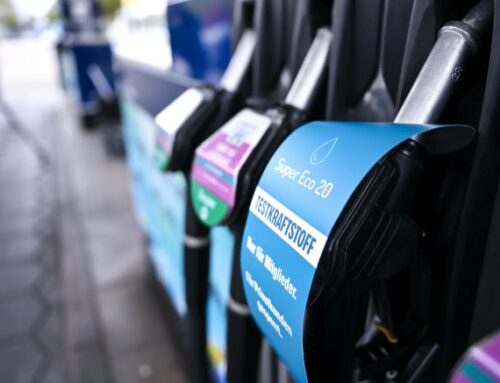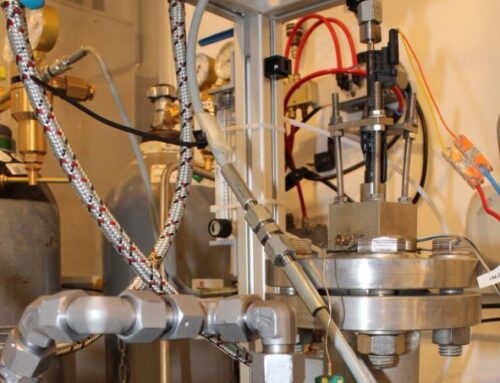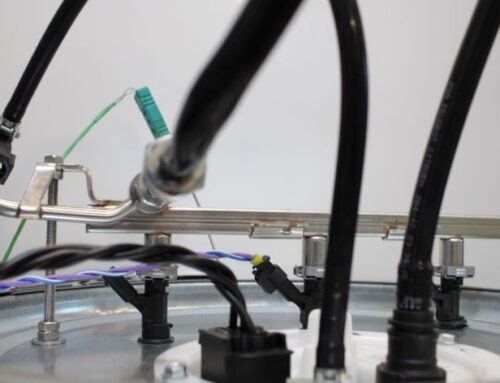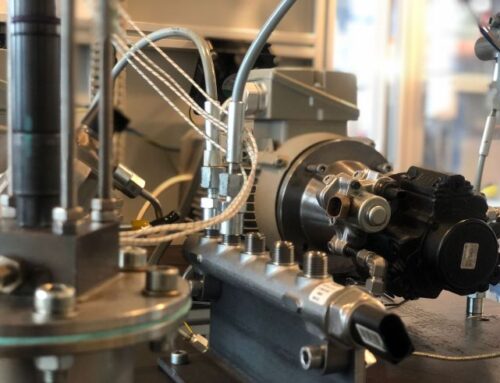06 December 2017 –
TEC4FUELS and OWI support technically mature developments
Possible ways to successfully implement the energy turnaround in terms of reducing CO2 emissions by 80 % and 95 % respectively are the subject of the current political discussion, which has now been supplemented with new facts by two recent studies by the German Energy Agency (dena) and Prognos AG. The first interim conclusion from dena’s lead study Integrated Energy Turnaround provides important arguments for a technology-open design of the energy turnaround. A future, broad technology mix would therefore be much more cost-effective and robust than scenarios that provide for a high degree of electrification. It is explicitly stated that in all the scenarios examined it is only possible to achieve climate protection targets with the help of synthetic fuels based on renewable raw materials. Germany should therefore support the market introduction of the relevant technologies.
The initial results of a Prognos study on the future of energy system transformation also confirm the assessment that climate protection targets can be achieved at affordable costs with CO2-neutral liquid fuels. As a result, e-fuels can be used in conventional engines and heaters and are suitable for the 63 million vehicles and 5.6 million oil heaters in Germany. Although the costs of e-fuels today are still considerably higher than those of fossil fuels, they can be reduced significantly in the future. Both studies therefore recommend that politicians should recognise the importance of new liquid energy sources for the future of energy supply and support their market launch.
As an expert for liquid fuels and innovative efficiency technologies, OWI Oel-Waerme-Institut GmbH and TEC4FUELS GmbH are already working on the development of e-fuels as important building blocks for energy system transformation within the framework of various research projects. “In the foreseeable future, there will be still applications in air traffic, heavy goods traffic, construction and shipping, for example, in which the electrification of drives is not yet a realistic alternative,” says TEC4FUELS Managing Director Klaus Lucka. E-Fuels have a much higher energy density than batteries and thus enable far greater ranges, which make transport over longer distances practicable in the first place. E-fuels can also play an important role in heat supply. They can be used without expensive conversions and can be easily stored, the supply can take place independently of the network and make use of existing transport and infrastructure.
“By adding CO2-neutral fuels to today’s fossil liquid energy sources without any problems, CO2-neutral fuels can gradually contribute to a reduction in CO2 up to complete greenhouse gas neutrality,” explains David Diarra, Managing Director of OWI Oel-Waerme-Institut. “It requires however still further research and development activities, in order to bring E-Fuels to the market maturity , so Diarra further. “We are bringing our expertise in new e-fuels and efficiency technologies to research in clusters of excellence, where we are working together with other research institutions to develop technically mature solutions for tomorrow’s heat generation and mobility”.





